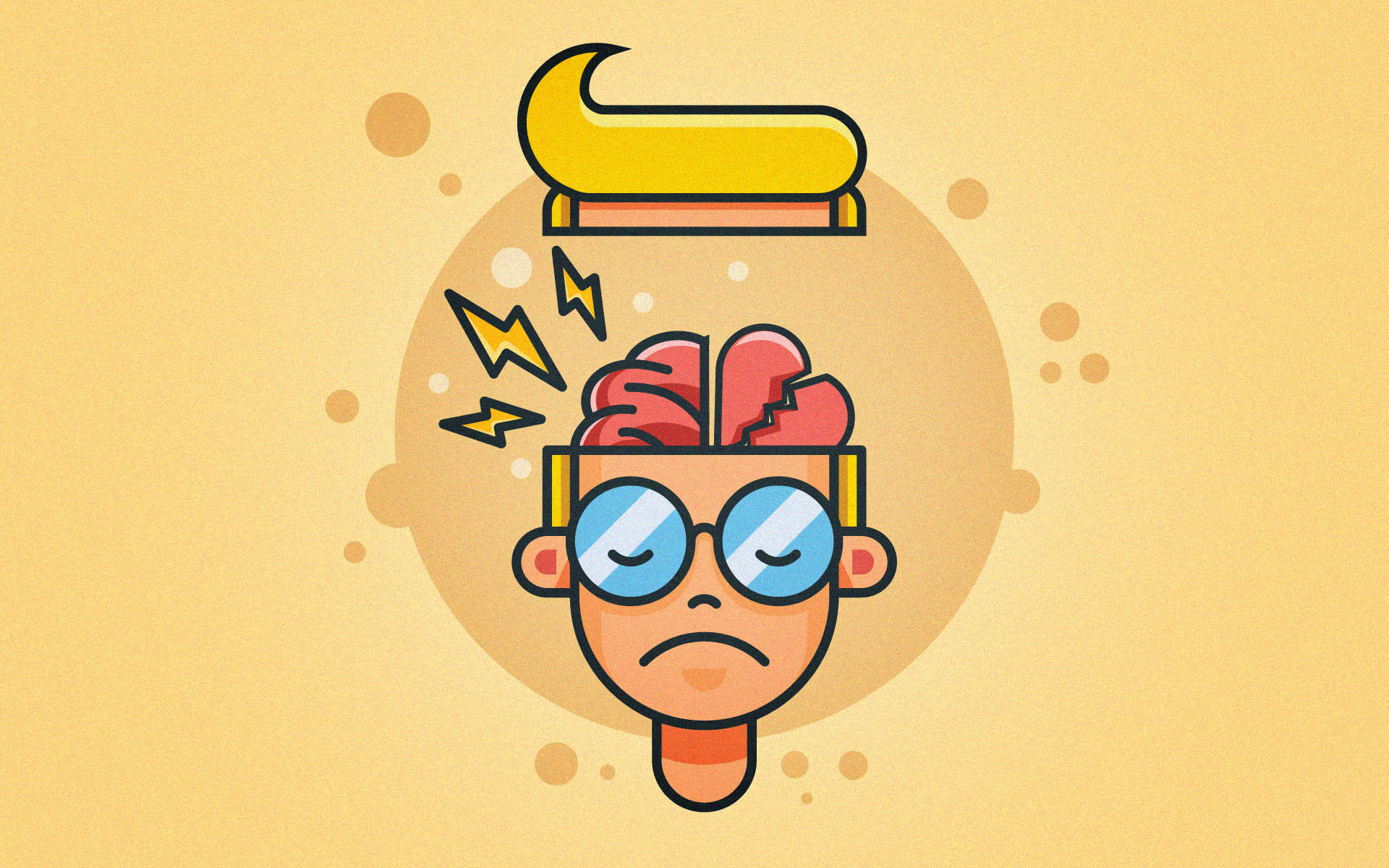We all know that breaking up can be hard on the heart, but have you ever wondered what it does to your brain?
Falling in love is such a delicious, exciting, breathless feeling. Falling out of love is a ‘jagged little pill’, delivering a powerful dose of raw pain, anger, loss of purpose, and a brain fog that disconnects you from the world.
But what’s actually happening here? While we may say your heart is broken, science confirms that all the action – or, in fact, lack thereof – is happening in your head.
“When you fall in love, a cocktail of neurochemicals is released in your brain, including what’s known as oxytocin, which can have a pretty powerful effect on your mental state,” says Dr Sabha Besharati, Senior Lecturer in Cognitive Neuroscience at Wits University. The cocktail includes dopamine, adrenaline, and norepinephrine.
In 2005, biological anthropologist, Dr Helen Fisher, showed that dopamine-rich areas of the brain light up when we fall in love. This hormone and neurotransmitter are involved in motivation, and they’re critical to the brain’s reward circuit. Adrenaline and norepinephrine, meanwhile, are “responsible for the pitter-patter of the heart, restlessness, and overall preoccupation that go along with experiencing love”, according to a 2014 Chicago study.
Serotonin, the happy hormone
According to the same study, a person’s serotonin – or ‘happy hormone’ – levels actually drop when they fall in love, creating a state that’s common to people with obsessive-compulsive disorders. “This may explain why we concentrate on little other than our partner during the early stages of a relationship,” says study co-director Professor Mary Lynn.
Oxytocin, the love hormone
Also known as the ‘love hormone’, oxytocin is involved in bonding between lovers, new mothers and babies, and even people and pets. Triggered by physical contact, it elicits feelings of contentment and security.
Cortisol, the stress hormone
“But that’s a stress hormone!” you say. Yes, it is, and the early stages of romantic love can be stressful. A 2004 study published in Psychoneuroendocrinology showed that “cortisol levels were significantly higher amongst those subjects who had recently fallen in love”, but that those levels drop once you’ve dated for a year.
Even fruit flies find breaking up hard to do
These neurochemicals are extremely powerful, and you develop a tolerance for them during a relationship. When that relationship ends, your steady supply of feel-good substances starts to drop – as do your customary levels of attachment, closeness, contentment, and safety.
Since this change affects the reward circuit of the brain – a circuit also triggered by other pleasures, such as delicious food and favourite activities – people often try to replace those feelings with other behaviours, such as taking drugs, comfort eating, or drinking alcohol. (Even spurned fruit flies may go on the booze, according to a 2012 study, which found that rejected males drank four times more than mated ones!)
“These are coping mechanisms,” says Dr Besharati. “You’re seeking alternative ways to trigger the release of dopamine and other hormones – which is fine, as long as you’re sensible and don’t follow the fruit flies’ example!”
The science behind that foggy break-up feeling
Something else that’s very interesting happens in the brain following a break-up. In June 2020, a new study was published using very sophisticated methods of neuroimaging and triggering new thinking around the break-up brain.
For the first time, researchers began looking at the whole brain while it’s at rest, instead of while it’s being stimulated – as, for example, a 2010 research, where scientists watched specific areas of the brain involved in physical pain while showing people pictures of lovers who’d rejected them, and showed an overlap between physical and emotional pain.
According to Dr Besharati, the 2020 research “has shown a relationship between low mood as a result of a break-up and reduced whole-brain activity across various networks of the brain”.
The researchers recruited approximately 70 young, mentally healthy adults, who had recently experienced a relationship break-up after being in a relationship for a minimum of six months. The results showed “deficits in the brain’s ability to integrate and process information globally (across the whole brain) over time”.
In other words, the ‘break-up brain’ slows down a bit. “It’s demonstrating a relationship, not causation,” cautions Dr Besharati, but it’s a very interesting idea. Could this slow-down be responsible for that horrible feeling of brain-fog, disconnection, and sluggishness that so often plagues us after a relationship ends? Only time and further research will tell.

Leave a Reply